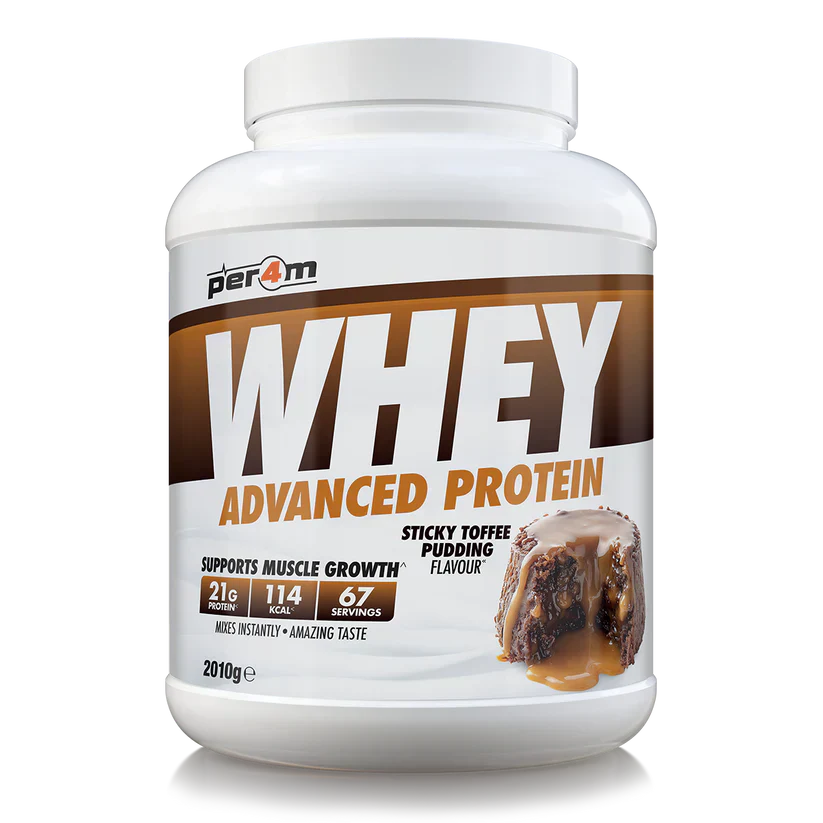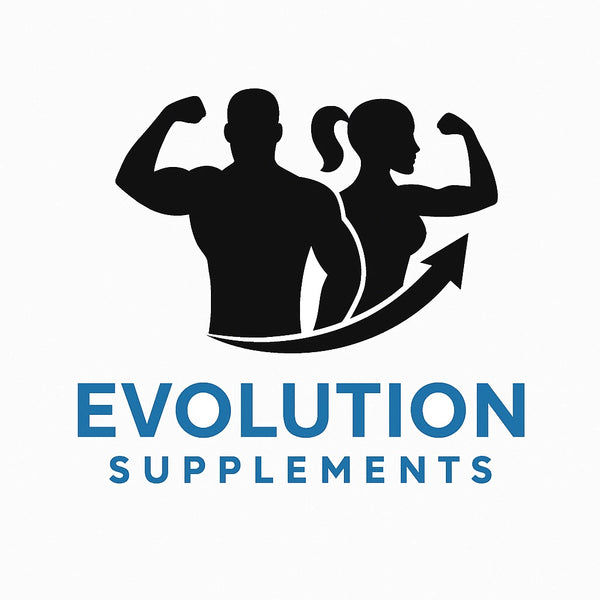
Whey Protein Isolate vs Whey Protein Concentrate: The Differences Explained
Share
If you’ve ever browsed the supplement aisle or shopped online for protein powders, you’ve probably noticed two popular options: whey protein isolate and whey protein concentrate. Both are derived from milk during the cheese-making process, and both are excellent sources of high-quality protein. But when it comes to choosing the right one for your fitness goals, there are some key differences worth knowing.
In this article, we’ll break down whey protein isolate vs whey protein concentrate, including their benefits, nutritional differences, and which one might be the best fit for your health and fitness journey.
What is Whey Protein Concentrate?
Whey protein concentrate (WPC) is one of the most common forms of protein powder. It typically contains 70–80% protein, with the remaining percentage made up of fats, carbohydrates, and lactose.
Key benefits of whey concentrate:
-
More affordable than isolate
-
Retains more natural nutrients from milk (like immunoglobulins and growth factors)
-
Creamier texture and better taste
-
Good option for everyday protein supplementation
Because of its slightly higher fat and carb content, whey concentrate may not be the best choice for those on a strict low-carb or low-fat diet, but it’s still an effective and budget-friendly option for most people.
What is Whey Protein Isolate?
Whey protein isolate (WPI) goes through additional processing to remove more of the fats and carbohydrates, leaving a product that is usually 90% or more protein by weight.
Key benefits of whey isolate:
-
Higher protein purity and concentration
-
Lower in lactose (better for those with mild lactose intolerance)
-
Faster absorption, ideal for post-workout recovery
-
Supports lean muscle growth without extra calories
Because it’s more refined, whey protein isolate is often slightly more expensive than concentrate, but it’s a top choice for athletes, bodybuilders, or anyone wanting maximum protein with minimal extras.
Nutritional Comparison: Whey Isolate vs Whey Concentrate
| Feature | Whey Concentrate | Whey Isolate |
|---|---|---|
| Protein % | 70–80% | 90%+ |
| Lactose | Higher | Lower |
| Fat & Carbs | More | Less |
| Digestibility | Moderate | Faster |
| Cost | More affordable | More expensive |
Which One Should You Choose?
The answer to “Whey protein isolate vs whey protein concentrate – which is better?” depends on your fitness goals, diet, and budget:
-
Choose whey concentrate if:
-
You want a cost-effective option
-
You don’t have lactose sensitivity
-
Taste and texture are important to you
-
-
Choose whey isolate if:
-
You want higher protein content with fewer carbs and fats
-
You have mild lactose intolerance
-
You’re aiming for lean muscle and fat loss
-
You need fast-digesting protein for post-workout recovery
-
FAQs: Whey Protein Isolate vs Whey Protein Concentrate
1. Is whey isolate better for weight loss?
Yes. Whey isolate is lower in carbs, fats, and calories compared to concentrate, making it a good choice for those trying to lose weight while maintaining lean muscle.
2. Can lactose-intolerant people take whey protein?
Mildly lactose-intolerant individuals often tolerate whey isolate well because it contains very little lactose. However, if you have a severe intolerance, a non-dairy protein powder like pea or soy may be better.
3. Which protein is better for muscle building?
Both whey isolate and concentrate support muscle growth. Isolate may have a slight advantage due to its higher protein purity and faster absorption, but concentrate is still effective if your overall protein intake is sufficient.
4. When should I take whey protein?
The best time is typically post-workout, when your muscles need quick amino acids for recovery. However, it can also be taken as a convenient protein source at any time of day.
5. Is whey isolate worth the extra cost?
If you’re looking for maximum protein with minimal carbs and fats, especially for lean muscle or weight loss goals, yes — whey isolate can be worth the investment. For general supplementation, whey concentrate may be sufficient.
The Bottom Line
Both whey protein isolate and concentrate are excellent sources of high-quality protein that support muscle growth, recovery, and overall health. If you’re looking for the best protein powder for general use, whey concentrate is a great value. If you want the purest protein for building lean muscle and supporting fat loss, whey isolate might be the better choice.
At the end of the day, the best protein supplement is the one that fits your fitness goals, dietary needs, and lifestyle, as both are excellent choices depending on your journey.
